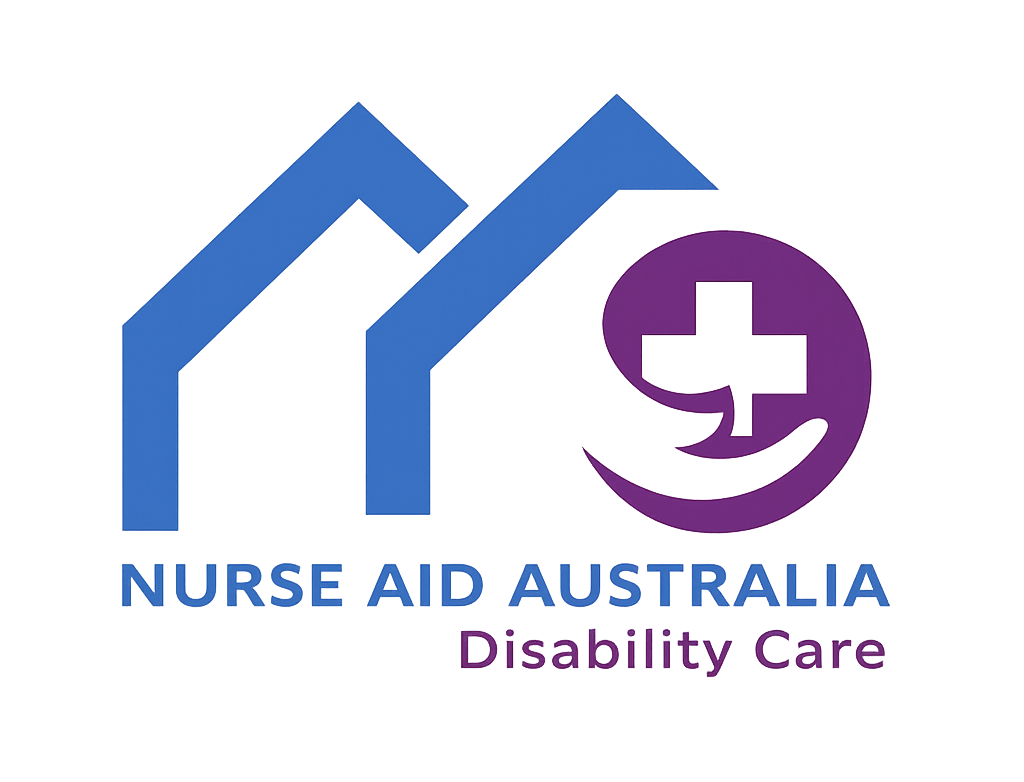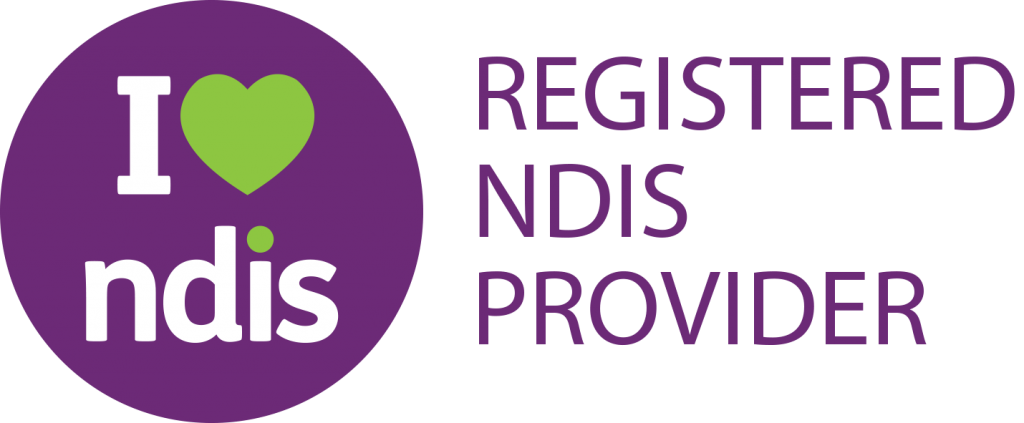How to Navigate NDIS Funding for Your Family Member
Introduction
The National Disability Insurance Scheme (NDIS) represents Australia’s most significant advancement in disability support, providing individualised funding to over 540,000 Australians with permanent and significant disabilities. For families supporting a loved one with disability, understanding how to navigate NDIS funding can transform their quality of life and independence.
This comprehensive guide walks you through every step of the NDIS journey, from eligibility assessment to plan implementation. Whether you’re helping a family member apply for the first time or seeking to maximise their existing NDIS plan, this resource provides the essential information you need to secure the best possible outcomes.
The National Disability Insurance Agency (NDIA) administers the NDIS, focusing on participant choice and control. Unlike traditional disability services, NDIS funding follows the person, allowing them to select providers and services that align with their goals and preferences. For families, this means taking an active role in planning, advocacy, and ongoing support coordination.
Understanding NDIS Funding for Your Loved One
NDIS funding operates through three distinct categories, each designed to address specific support needs. Understanding these categories helps families advocate effectively during planning meetings and maximise their loved one’s plan utilisation.
Core Supports provide the most flexible funding, covering daily personal care assistance, domestic assistance, transport support, and community participation programs. This category allows participants to move funding between different support types as needs change. Core supports typically represent the largest portion of most NDIS plans, addressing essential daily living requirements.
Capacity Building Supports focus on skill development and independence, including therapeutic supports, allied health services, support coordination, and employment assistance. These supports help participants develop long-term capabilities and achieve their personal goals. Capacity building funding cannot be transferred between subcategories, requiring careful planning during initial assessments.
Capital Supports cover one-time purchases of assistive technology, home modifications, and vehicle modifications. This category requires detailed assessments from allied health professionals and specific quotes from registered NDIS providers. Capital supports often have longer approval processes but provide essential equipment for independence.
The NDIA determines funding allocation based on reasonable and necessary criteria, considering your loved one’s functional capacity, support requirements, and personal goals. Funding amounts vary significantly based on disability type, age, and individual circumstances, with plans ranging from $15,000 to over $300,000 annually.
NDIS Eligibility: Quick Assessment for Your Loved One
NDIS eligibility criteria focus on three key requirements that determine access to the scheme. Understanding these criteria helps families prepare stronger applications and avoid common rejection reasons.
Age Requirements: Participants must be under 65 years when first applying for NDIS funding. However, those already receiving NDIS supports can continue past 65, making early application crucial for older individuals approaching this threshold.
Residency Status: Your loved one must be an Australian citizen, permanent resident, or hold a Protected Special Category Visa. The NDIA requires proof of residency status as part of the access request process.
Disability Criteria: The person must have a permanent and significant disability that substantially impacts their ability to participate in everyday activities. The NDIA assesses functional impact rather than medical diagnosis alone, focusing on how the disability affects daily living, communication, social interaction, learning, mobility, or self-management.
For children under seven, the early childhood approach provides access through Early Childhood Partners, even when long-term disability outcomes remain uncertain. This pathway supports early intervention services that can significantly improve developmental outcomes.
The NDIA considers whether the disability is lifelong, likely to benefit from NDIS supports, and whether reasonable adjustments alone cannot address the person’s support needs. Medical evidence from treating professionals strengthens applications, but functional assessments often carry more weight in access decisions.
Step-by-Step NDIS Application Process
The NDIS application process involves several stages, each requiring specific documentation and preparation. Following this systematic approach increases your loved one’s chances of approval and appropriate funding allocation.
Step 1: Gather Required Documents
Start by collecting comprehensive evidence of your loved one’s disability and support needs. Essential documents include medical reports from specialists, therapy assessments from allied health professionals, functional capacity evaluations, and school or workplace reports detailing daily challenges.
Medical evidence should clearly describe the disability, treatment history, and long-term prognosis. Allied health reports from occupational therapists, physiotherapists, speech pathologists, or psychologists provide valuable functional assessments. Educational or employment records demonstrate how the disability impacts participation in typical activities.
Step 2: Submit Access Request
Contact the NDIA on 1800 800 110 or complete the access request form online through the my place portal. For children under seven, contact an Early Childhood Partner in your area. The access request form requires detailed information about the person’s disability, current supports, and goals.
Submit all supporting documentation with your initial application to avoid delays. The NDIA may request additional information or arrange independent assessments if required. Access decisions typically take 21 days, though complex cases may require longer processing times.
Step 3: Planning Meeting Preparation
Once approved for NDIS access, you’ll receive an access decision letter and invitation to participate in planning conversations. This crucial meeting with an NDIA planner or Local Area Coordinator (LAC) determines your loved one’s funding allocation and support categories.
Prepare by identifying specific goals across different life areas: daily living, relationships, learning, work, health and wellbeing, and community participation. Document current informal supports from family and formal services, highlighting gaps that NDIS funding could address.
Bring evidence of support costs, quotes from providers, and reports from current therapists. The planning conversation typically lasts 60-90 minutes, focusing on your loved one’s strengths, goals, and support requirements rather than their disability diagnosis.
Maximizing Your NDIS Plan
Effective plan implementation requires strategic thinking about provider selection, budget management, and ongoing advocacy. These approaches help families achieve better outcomes and funding utilisation.
Goal Setting and Documentation: Work with your loved one to establish SMART goals (Specific, Measurable, Achievable, Relevant, Time-bound) across all life domains. Document progress regularly through photos, videos, reports, and achievement records. This evidence supports plan reviews and funding increases when needed.
Provider Selection Strategy: Research registered NDIS providers thoroughly, comparing qualifications, experience, service approaches, and costs. Interview potential providers about their experience with similar disabilities, staff qualifications, and service delivery methods. Consider both individual providers and larger organisations, weighing personalisation against service consistency.
Budget Monitoring and Management: Track spending through the myplace portal regularly, understanding how different support types impact your budget categories. Plan major purchases early in the plan year to allow time for approvals and delivery. Work with your plan manager or support coordinator to optimise funding allocation across categories.
Plan Management Options: Choose between self-managed, plan-managed, or NDIA-managed funding based on your family’s capacity and preferences. Self-management offers maximum flexibility but requires significant administrative effort. Plan management provides flexibility with professional support, while NDIA management offers simplicity with limited provider choices.
Overcoming Common NDIS Challenges for Families
Families frequently encounter specific challenges when navigating NDIS funding. Understanding these common issues and proven solutions helps prevent problems and resolve them quickly when they arise.
Application Delays or Rejections: If the NDIA requests additional information, respond promptly with comprehensive evidence. For rejected applications, request internal reviews within three months, providing additional functional evidence and professional reports. Consider engaging an advocate or support coordinator to strengthen your case.
Insufficient Funding Allocation: Document unmet needs through detailed reports from current providers, demonstrating how additional funding would achieve specific goals. Request plan reviews when circumstances change significantly, such as health deterioration, changes in informal support, or new living arrangements.
Provider Shortages: Expand your search beyond local registered providers, considering telehealth options, mobile services, or interstate providers willing to travel. Build relationships with multiple providers to ensure service continuity. Consider developing informal support networks through disability community groups and family connections.
Complex Approval Processes: For assistive technology and home modifications, engage occupational therapists early to complete assessments and provide detailed reports. Obtain multiple quotes from different suppliers and ensure all quotes meet NDIA requirements. Follow up regularly on approval status and provide additional information promptly when requested.
Selecting the Right NDIS Providers for Your Loved One
Provider selection significantly impacts your loved one’s outcomes and satisfaction with NDIS services. This systematic approach helps families identify providers who align with their values, goals, and service requirements.
Qualification and Registration Assessment: Verify provider registration status through the NDIS Commission website, checking their scope of practice and any conditions on their registration. Review staff qualifications, ensuring therapists hold relevant qualifications and professional registrations. Ask about ongoing professional development and supervision arrangements.
Service Delivery Evaluation: Assess how providers deliver services, including their approach to goal setting, progress monitoring, and family involvement. Understand their policies on service flexibility, cancellations, and communication. Evaluate their experience with your loved one’s specific disability and age group.
Cultural and Personal Fit: Consider whether providers understand your family’s cultural background, communication preferences, and values. Assess their approach to building rapport with participants and involving families in service delivery. Evaluate their flexibility in accommodating personal preferences and changing needs.
Cost and Value Analysis: Compare pricing across similar providers, ensuring services offer good value for money. Understand what’s included in quoted rates, such as travel time, report writing, and family consultations. Negotiate service packages that maximise your funding utilisation while meeting essential needs.
Nurse Aid Australia brings unique expertise to NDIS service delivery through our qualified nursing staff and comprehensive understanding of complex health conditions. Our team supports participants across all funding categories, providing personalised care plans that integrate medical and disability support needs.
Supporting Your Loved One Through NDIS Plan Reviews
Plan reviews provide opportunities to adjust funding, address changing needs, and improve service delivery. Effective preparation and advocacy during reviews can significantly impact your loved one’s ongoing support quality and independence outcomes.
Annual Review Preparation: Begin preparing three months before scheduled reviews by documenting progress towards current goals, changes in support needs, and gaps in service delivery. Collect reports from all current providers, medical professionals, and educators. Photograph or video achievements and ongoing challenges to provide concrete evidence.
Change of Circumstances Reviews: Request unscheduled reviews when significant changes occur, such as health deterioration, loss of informal supports, changes in living arrangements, or new diagnosis. Document how these changes impact daily functioning and support requirements. Provide evidence of increased costs or service needs resulting from changed circumstances.
Evidence Collection and Presentation: Organise evidence clearly, linking specific needs to funding categories and demonstrating how additional supports would achieve measurable goals. Include quotes from providers for new services, assessments from allied health professionals, and letters from treating doctors supporting funding requests.
Advocacy and Representation: Consider engaging support coordinators or advocates experienced in plan reviews, particularly for complex cases or when previous reviews resulted in funding reductions. Prepare clear, specific requests for funding changes, linking these to evidence and explaining how they support participant goals.
Review Outcome Implementation: Once new plans are approved, update service agreements with existing providers and commence new services promptly. Monitor budget utilisation closely in the first months to ensure funding allocation meets actual service needs. Request further reviews if approved funding proves insufficient for stated goals.
Final Thoughts
Successfully navigating NDIS funding for your loved one requires patience, advocacy skills, and strategic planning. The scheme offers unprecedented opportunities for people with disabilities to achieve independence and community participation, but accessing these benefits requires active family involvement and ongoing commitment.
Remember that NDIS journey extends beyond initial plan approval – it’s an ongoing process of goal setting, service coordination, and advocacy. Building strong relationships with providers, maintaining detailed records, and staying informed about scheme changes will enhance your loved one’s outcomes over time.
The National Disability Insurance Scheme continues evolving, with regular updates to policies, pricing, and service delivery approaches. Stay connected with disability communities, provider networks, and NDIS information sources to remain informed about changes that might affect your loved one’s supports.
For families seeking expert guidance through the NDIS journey, Nurse Aid Australia provides comprehensive support coordination services, combining medical expertise with deep understanding of the disability service system. Our registered nurses and allied health professionals work alongside families to develop person-centred plans that maximise independence and quality of life outcomes.
Taking the first step in your NDIS journey might feel overwhelming, but with proper preparation, advocacy, and support, you can secure the funding and services your loved one needs to thrive in their community and achieve their personal goals.
Ready to Take the Next Step?
At Nurse Aid Australia, we’re here to support you in turning your NDIS goals into real-world outcomes. Whether you’re looking to join community activities, improve your social confidence, or access tailored support services—we’re just a click away.
Have questions? Contact our friendly team to discuss how we can help you or your loved ones thrive through the NDIS.




